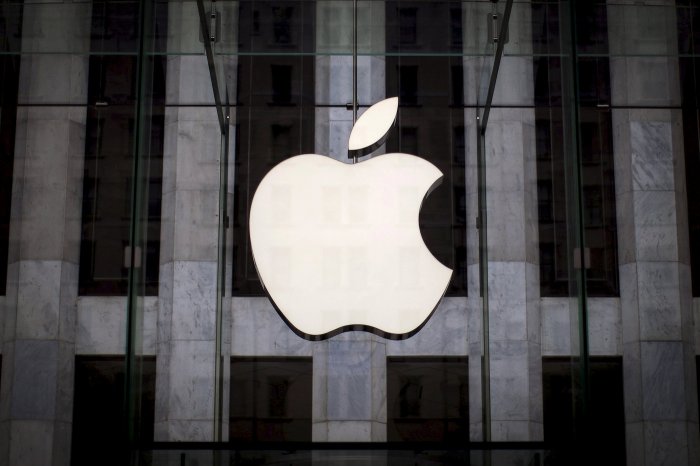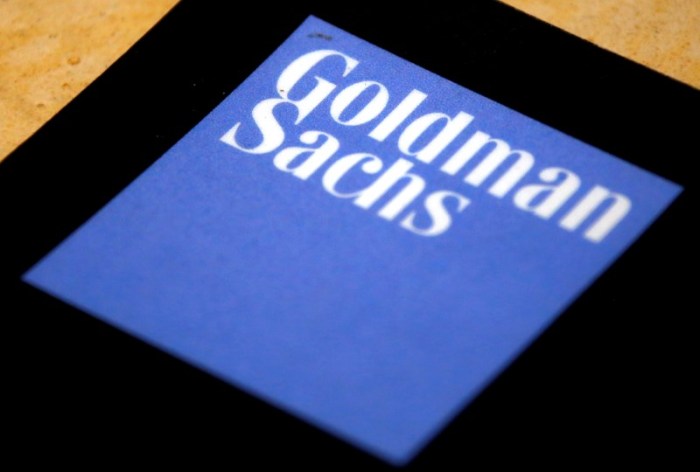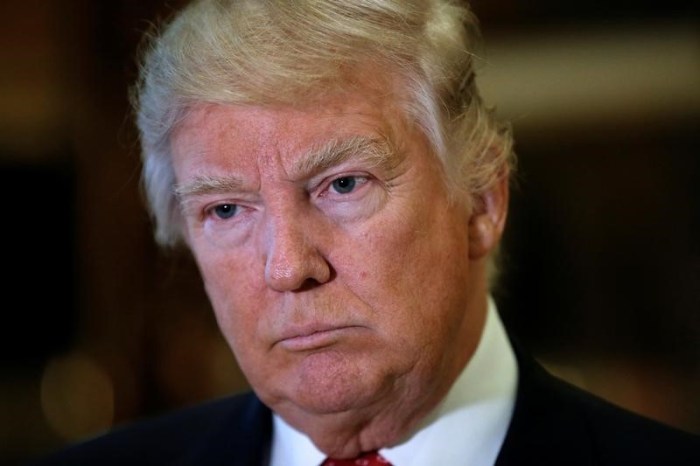By Jan Schwartz and Andreas Cremer
HAMBURG (Reuters) – Volkswagen Still reeling from a diesel emissions scandal, VW will re-examine contracts that leave the group dependent on a single supplier after the dangers were highlighted by its damaging wrangle with Bosnian parts maker Prevent, Mueller said. “We will of course look into questions such as multi-sourcing, single-sourcing,” he told reporters late on Monday. “We will look at our procurement contracts and try to optimize matters with all suppliers.” Carmakers generally seek to avoid over-dependence on any one supplier and seek to duplicate critical relationships even at slightly higher unit costs.
But Car Trim and ES Automobilguss, two suppliers within privately held Prevent group, exposed a vulnerability when they halted seat cover and gearbox parts deliveries, triggering stoppages at VW assembly plants. Since the 2008 financial crisis, carmakers have outsourced more parts development and manufacturing to save cash and meet technological demands for electric vehicles, smartphone-compatible infotainment and autonomous driving. CONSOLIDATION DANGER
That makes multiple sourcing harder to achieve. The Prevent dispute also underlines the dangers of relying on a single group for a range of components — another inevitability in today’s consolidating supplier industry. Recent tie-ups include ZF’s $12.4 billion takeover of TRW, Magna’s VW’s relationship with Prevent soured after it commissioned Car Trim to develop new seat covers for high-end models including Porsches and then canceled the 500 million euro ($558 million) deal in the aftermath of the diesel scandal, refusing to cover the 58 million euros its supplier had already invested. Parent company Prevent retaliated by moving some of Car Trim’s financial claims against VW to Automobilguss, sole supplier of a key gearbox casing for VW’s top-selling Golf compact, said two sources with knowledge of the matter. “One could discuss at length who’s to blame for the fact that this situation went belly up,” VW’s Mueller said, declining further comment.
Disputes like this one, resolved by a settlement last week, are unusual among suppliers to German automakers. Many, unlike Prevent, subscribe to a VDA industry code that aims to resolve conflicts without disruption. VW insiders blame management changes at Prevent for the escalation, Handelsblatt newspaper reported. Nijaz Hastor, the family shareholder’s patriarch, recently handed effective control to his sons. SOUGHT SAVINGS
The incident nevertheless highlights the German carmaker’s efforts to boost efficiency under Herbert Diess, hired to head the underperforming VW brand weeks before the September revelations that VW cheated U.S. diesel emissions tests. In a June letter seen by Reuters, VW procurement chief Francisco Javier Garcia Sanz warned suppliers that he would seek new savings as the company faced “epochal change driven by new technologies and customer requirements”. Parts makers’ average operating margins have risen to 13.4 percent based on earnings before interest, tax and depreciation, according to Citigroup. That compares with 9.6 percent for carmakers globally, and the competition for profit could intensify as sales growth slows in China, Europe and the United States. “Arguably, suppliers are getting the better end of industry profits at present,” London-based Citibank analyst Michael Tyndall said in a recent note to investors.
Contract cancellations may become more widespread as carmakers including BMW and Fiat Chrysler pare down vehicle line-ups and shift investments to electrified transmissions, Tyndall said.
“It may be there are more disputes to come,” he added.
($1 = 0.8957 euros)
(Writing by Edward Taylor and Laurence Frost; Editing by Mark Potter and David Goodman)















